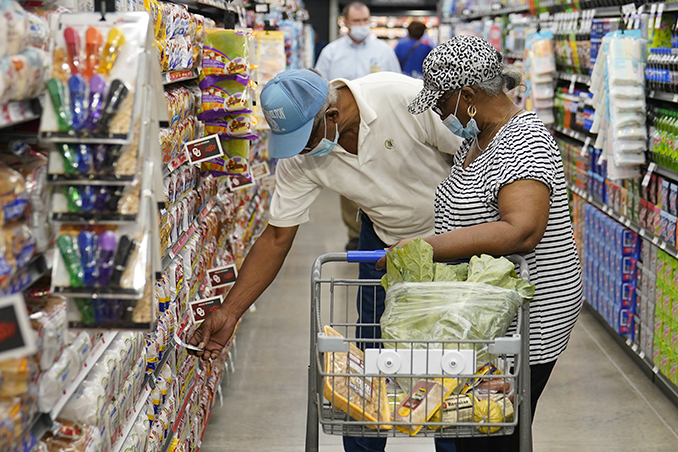ASHEBORO — American consumers have noticed the impact of inflation at checkout counters over the past few months. The current inflationary trend is expected to continue in the coming months. A war in Ukraine has been blamed recently for the rise in prices for many items, including groceries, which are impacted by skyrocketing fuel prices.
Farmers were predicting these inflated prices well before they were seen in grocery stores. Looking back to October 2021, farmers were starting to wrap up a record crop and had already begun shopping for inputs for their 2022 crop. That year’s success was quickly met with the reality that many of the critical supplies they need for the next crop were either significantly more expensive, or not available at all.
Nitrogen fertilizer is one of the agricultural inputs seeing high demand coupled with high prices. Nitrogen is needed on most crops, hay fields and pastures at quantities anywhere around 50-200 pounds per acre, depending on what is being grown. China is a major source of U.S. fertilizer, so when they shut down exports of fertilizer in 2021, the prices skyrocketed overnight.
The process of making nitrogen fertilizer uses a lot of energy and fuel, so any increase in natural gas affects nitrogen significantly. Struggling to find any other options, many farmers were left with fertilizer bills that were double what they were in the past, and for a crop they wouldn’t harvest for another year in some cases.
On a global scale, despite decent yields in the U.S. last year, many countries are lacking the supply of grain they need to keep up with their current demand, causing the price of grain to increase.
Over 1,300 farmers call Randolph County home and they provide over $2 million in direct-to-consumer sales each year. Buying directly from local farmers is great way to put money back into our local economy and to support local agriculture. With so many factors working against them, farmers are continuing to take on the financial risk in order to make sure the U.S. continues to be self-sufficient for its food.
Blake Szilvay is a Field Crops and Forestry extension agent with the N.C. State Cooperative Extension Service.

